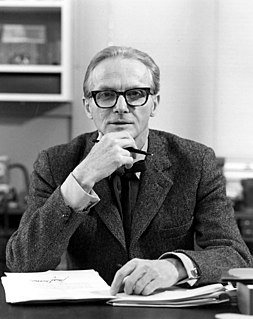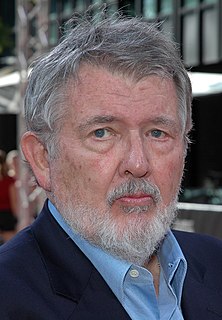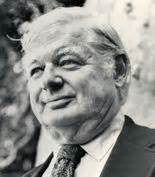A Quote by Ian Hacking
It is possible to argue that our present conception of revolution was staked out more securely in science than in political action.
Quote Topics
Related Quotes
My feeling is that most political poetry is preaching to the choir, and that the people who are going to make the political changes in our lives are not the people who read poetry, unfortunately. Poetry not specifically aimed at political revolution, though, is beneficial in moving people toward that kind of action, as well as other kinds of action. A good poem makes me want to be active on as many fronts as possible.
Chairman Mao creatively applied Marxism-Leninism to every aspect of the Chinese revolution, and he had creative views on philosophy, political science, military science, literature and art, and so on. Unfortunately, in the evening of his life, particularly during the "Cultural Revolution", he made mistakes - and they were not minor ones - which brought many misfortunes upon our Party, our state and our people.
Our schools offer no conception of the scientific process of discovery. They do not encourage creative thought, in fact, they stifle it through too much rigidity in teaching. If we set out to give as little help as possible to originality in science, we could hardly devise a better plan than our education system. Youngsters ought to be told what is unknown about ourselves and our universe as well as what is known.
The word 'revolution' first brings to mind violent upheavals in the state, but ideas of revolution in science, and of political revolution, are almost coeval. The word once meant only a revolving, a circular return to an origin, as when we speak of revolutions per minute or the revolution of the planets about the sun.
Direct action against the authority in the shop, direct action against the authority of the law, direct action against the invasive, meddlesome authority of our moral code, is the logical, consistent method of Anarchism. Will it not lead to a revolution? Indeed, it will. No real social change has ever come without a revolution. People are either not familiar with their history, or they have not yet learned that revolution is but thought carried into action.
From my childhood it has been my conviction that men would reach the planets in my lifetime . . . this conviction . . . rests on two beliefs, one scientific and one political: (1) there are more things in heaven and earth than are dreamed of in our present-day science. And we shall only find out what they are if we go out and look for them. (2) it is in the long run essential to the growth of any new and high civilization that small groups of people can escape from their neighbors and from their governments, to go and live as they please in the wilderness.
Political realism is aware of the moral significance of political action. It is also aware of the ineluctable tension between the moral command and the requirements of successful political action. And it is unwilling to gloss over and obliterate that tension and thus to obfuscate both the moral and the political issue by making it appear as though the stark facts of politics were morally more satisfying than they actually are, and the moral law less exacting than it actually is.
Tolstoi explains somewhere in his writings why, in his opinion, “Science for Science's sake” is an absurd conception. We cannot know all the facts, since they are practically infinite in number. We must make a selection. Is it not better to be guided by utility, by our practical, and more especially our moral, necessities?







































